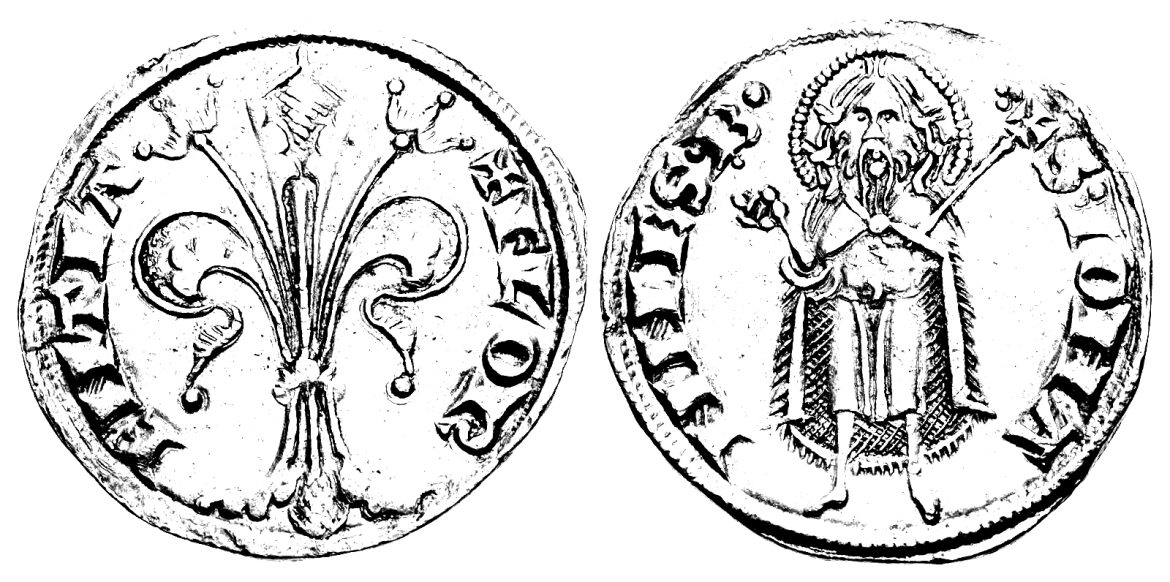Financing diplomatic missions was a long-standing issue in Polish-Lithuanian diplomacy due to the persistent shortage of funds in the royal treasury. Diplomats often faced insufficient financial support that did not meet the demands of their missions. Consequently, they had to rely on promises of reimbursement upon their return, which presented significant difficulties for their efforts. To address this issue, authorities attempted to send wealthy magnates on foreign missions, as they were better equipped to fund a substantial portion of the expenses themselves. Nevertheless, even such individuals sometimes struggled to cover the costs of diplomatic missions.
A notable exception was the diplomatic service under King Stephen Báthory (r. 1576–86), who diligently ensured that the ambassadors’ funds were paid on time, even if adhering to strict limits set by himself. His successors, however, including Sigismund III Vasa (r. 1587–1632), failed to maintain the same level of discipline.
Interestingly, withholding remuneration was occasionally used as a means to motivate diplomats. For example, envoys seeking to recover the so-called ‘Neapolitan sums’ owed to Queen Bona Sforza (r. 1518–57) had to pay for their own upkeep using the funds they personally negotiated. The lack of payment thus served as a (quite strong) incentive to expedite the process of recovering the owed sums.
What is worth mentioning, of the four Polish diplomats whose manuals are analyzed within our project, only in the case of Krzysztof Warszewicki’s (1543–1603) mission do we not know of any major financial problems. Tadeusz Morski (1754–1825) had to ask King Stanisław August Poniatowski (r. 1764–95) to provide him with money to return to the country. Long negotiations that Ławryn Piaseczyński (ca. 1550–1606) conducted with the Tatar khan were broken down by the lack of funds for the so-called ‘small gifts’. But the worst was the case of Stanisław Miński (ca. 1561–1607), who spent on his mission to Rome such a large amount of money from his personal funds that upon his return he got into severe financial troubles, which necessitated the sale of his ancestral Mińsk.
For further information on the subject, see:
Dyplomaci w dawnych czasach. Relacje staropolskie z XVI–XVIII stulecia, edited by Adam Przyboś and Roman Żelewski, Warsaw 1959.
Michał E. Nowakowski, Ambasador na rozdrożu. Świat wartości w poradnikach dyplomatycznych Pierwszej Rzeczypospolitej oraz ich europejski kontekst [Ambassador at the Crossroads. The World of Values in the Diplomatic Manuals of Poland-Lithuania and their European Context], Lublin 2023 [in print].
Image source:
https://commons.wikimedia.org/wiki/File:Fiorino_d%27oro.jpg





